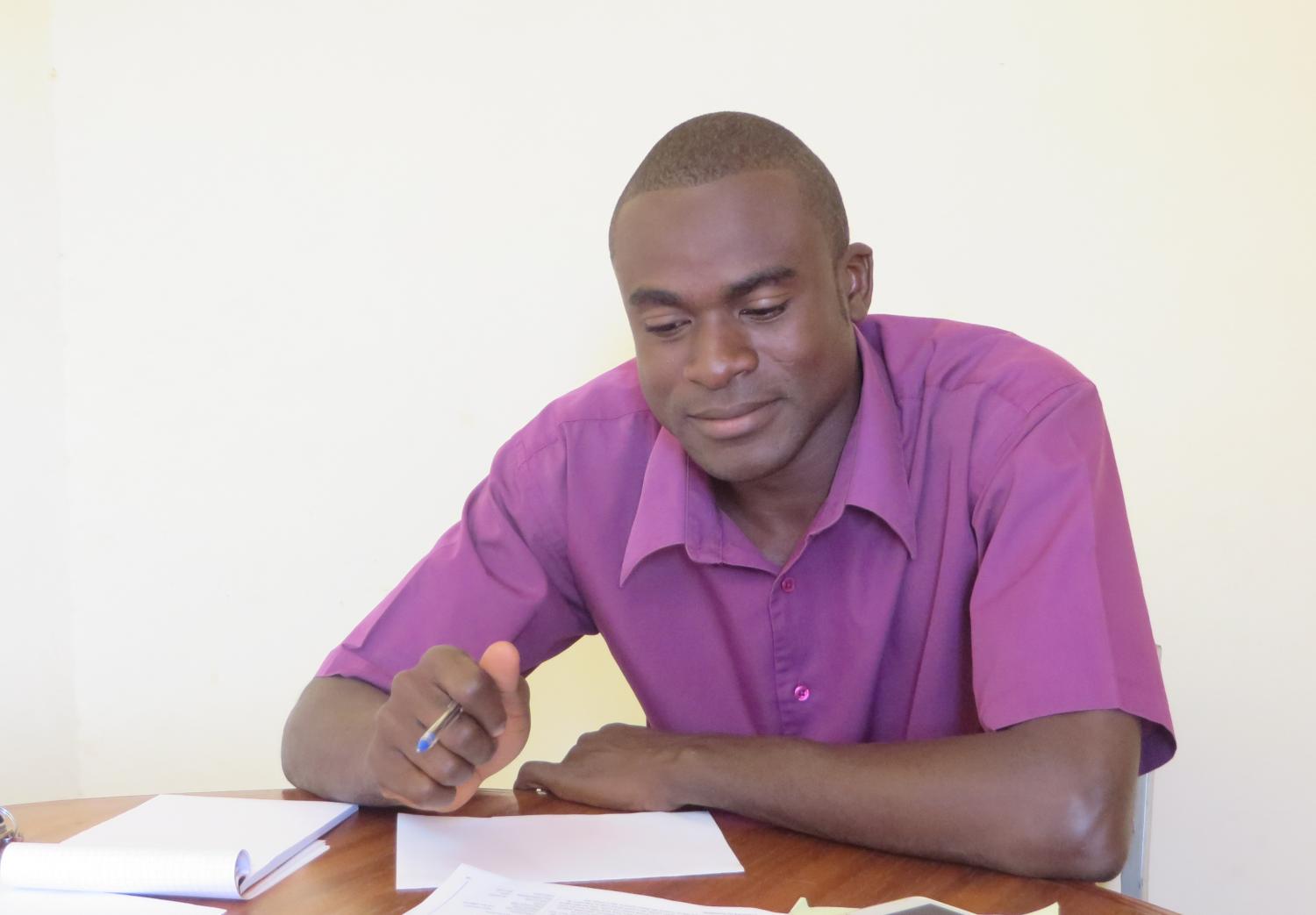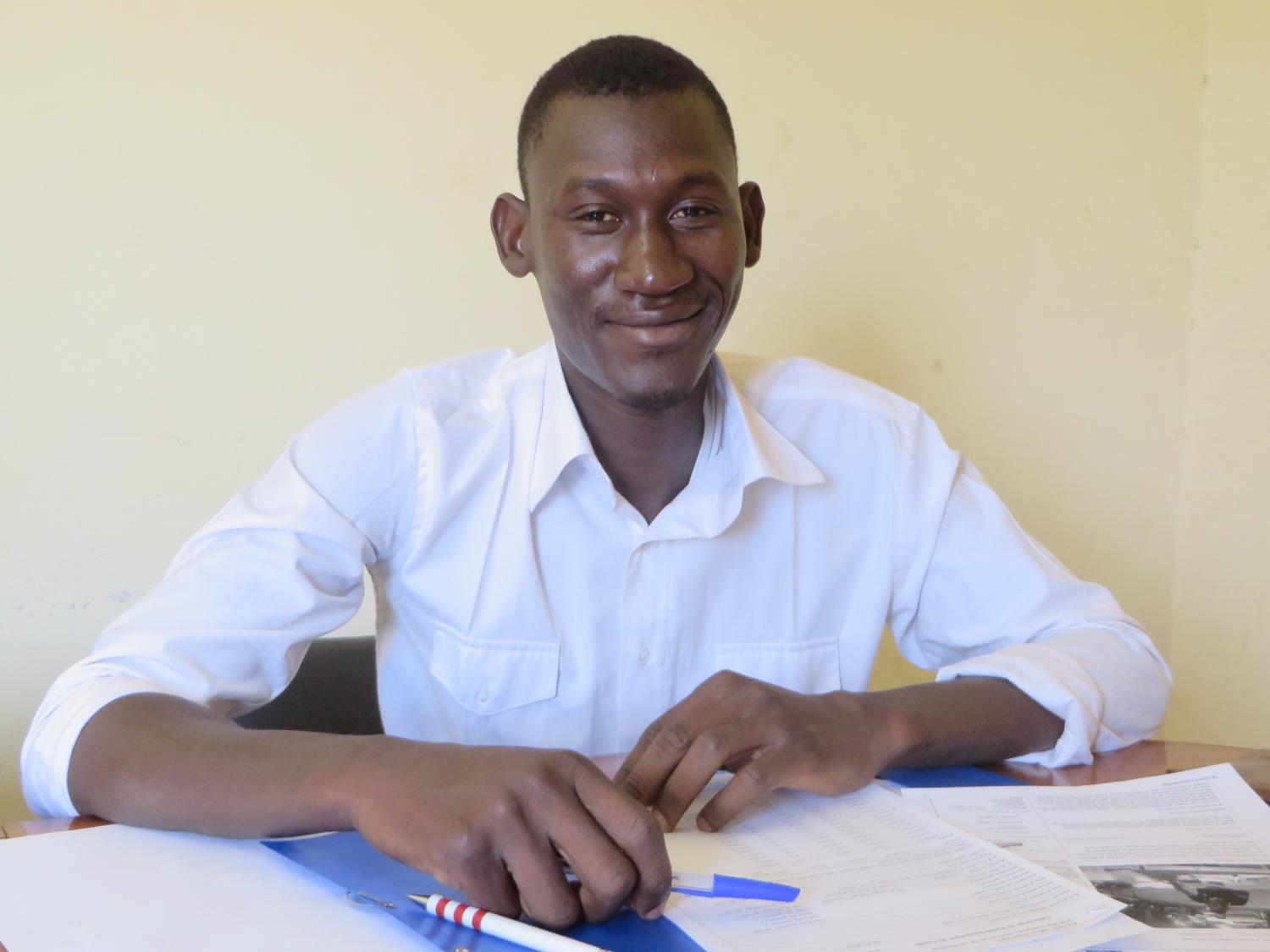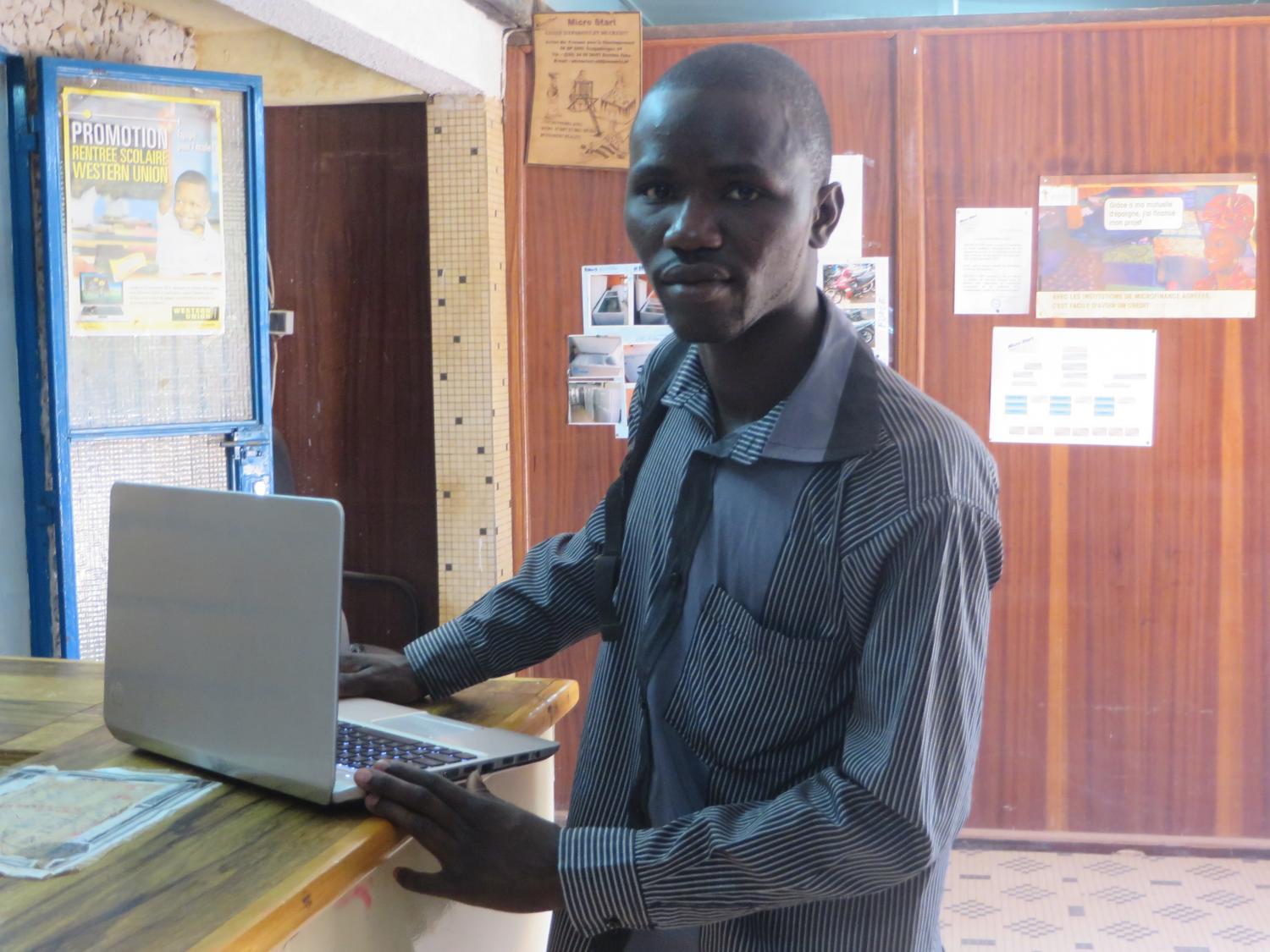Home • Microfinance • Article
The long, lonely road to becoming an engineer in Burkina Faso
March 17, 2014

I’m currently working with the partner Micro Start, a microfinance institution based in Ouagadougou, Burkina Faso. They are one of the few in West Africa offering a loan product to college students. Since 2012, they have been piloting this product with a graduate school of public works based in Ouagadougou. So how does this work? The school identifies high-achieving, responsible students in the 2-year graduate program who lack the resources to pay for tuition and Micro Start provides the financing through Kiva. These loans have terms ranging from 5 to 10 years and have interest of 5% per year. They will be repaid monthly with a grace period of 2 to 3 years (first repayments expected in late 2014).
The average loan size is about 1.8 million XOF or US$3,500 in the first year of the graduate program, comprised of tuition, money for a laptop purchase and living expenses.
I have met with a couple loan beneficiaries over the last 2 weeks and they were unanimous: if it weren’t for the loan, they wouldn’t have been able to stay in school. Their families have done their best to support them through undergrad studies but they couldn’t handle tuition fees of 1 million XOF a year for the graduate program no matter how strongly they believe in education.
Keep in mind that more than 46% of the country’s population of 16.5 million (2012) are below the poverty line of US$1.25 a day and the adult literacy rate is below 30%. In 2012, gross enrollment rates in Burkina Faso were less than 5% for higher education (4.5% for men and 2.1% for women), according to the World Bank. These rates do not take into account dropouts caused by a number of factors, including the need to work to support a family, inability to reach school because of lack of transportation and long distances ( some students walk 4-5 hours to get to school every day!), and low quality of the education available.
 A loan of $7,600 helped Philippe, 25, finance his 2-year graduate studies
A loan of $7,600 helped Philippe, 25, finance his 2-year graduate studies A loan of $425 combined with tutoring income helped Mahamoudou, 24, purchase a laptop for his bachelor’s degree
A loan of $425 combined with tutoring income helped Mahamoudou, 24, purchase a laptop for his bachelor’s degreeSo if you’re in the 3-5% that have access to higher education in the country and you’re coming from a poor family, it means you have gone through a lot to be there, still in school and still fighting to earn a degree and find your way out of poverty! In spite of their limited resources, the students I met still have big dreams. Most of them would like to pursue post-graduate studies (specialization in roads and bridges, rail and port infrastructure, industrial buildings, etc.), none of which are offered locally. How will they accomplish this? They don’t know and I don’t either but so far they have beating the odds! Major issues still need to be addressed by various stakeholders (management of the student loans programs, communication about loan products, over-indebtedness, access to education at all levels including vocational training, youth employment, etc.) but I believe we are heading in the right direction. Refer to Kiva Labs to learn more on issues related to access to education in developing countries.
Quick update on the fellowship: After Senegal and Liberia, Burkina Faso is the last stop (already!) for my Kiva fellowship. It’s quite hot here (40°C or 104°F on average) and it’s expected to get worse in April. Every guide would tell you to avoid Burkina Faso during the March-April period i.e. the hot dry season. Ha, I missed the memo! Otherwise, all is well… A little fun fact on the country: Burkina Faso means "land of people of integrity" in local languages (Burkina = men of integrity in Mòoré and Faso = fatherland in Dioula). What’s not to like about that? They have been good to me so far!














